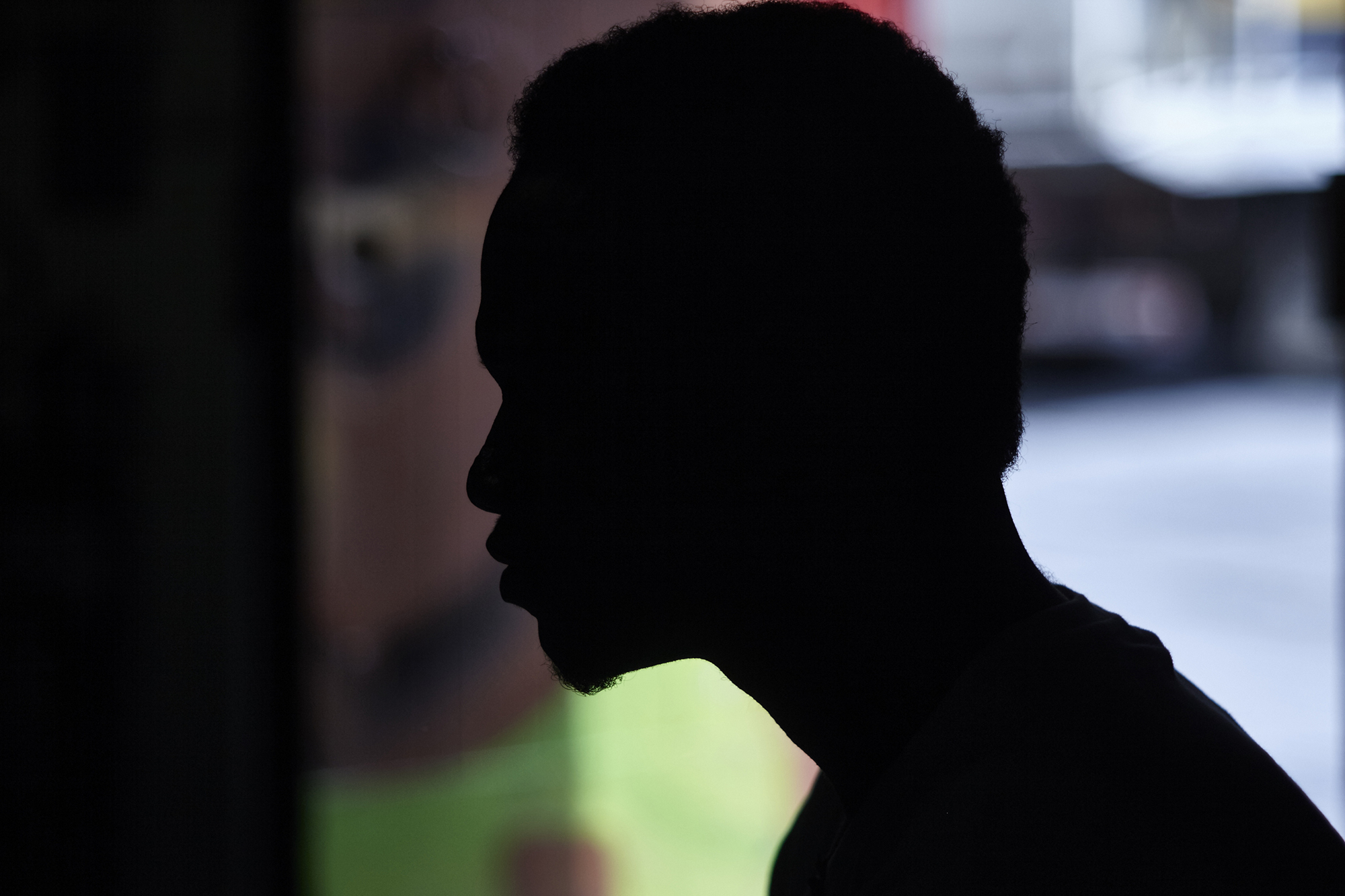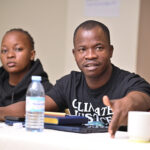This article was published more than 5 years ago.
This article is part of a series featuring inspiring stories of local action #fromthefrontlines of COVID-19 in the Global South. For more, visit our COVID-19 page and follow us on Facebook and Twitter.
As individuals across the globe self-isolate, there are millions of migrants without the ability to do so. Basic measures to prevent disease spread, including physical distancing, can be impossible for those living in overcrowded urban centers or in displacement camps.
Beyond these challenges, governments often do not view stateless people as their responsibility and many of the emergency services available to citizens do not apply to migrants.
Morocco is home to 700,000 sub-Saharan African migrants alone. Many lack permanent housing or access to running water. Legal status is also a concern: those with residence permits or visas due to expire in coming months, and those applying for them, may find themselves in legal turmoil once the crisis has subsided.
Thankfully Moroccan community activists and local groups are rising to the challenge. One example is Caminando Fronteras (Walking Borders) a Fund-supported organization working with migrant communities in Morocco and Spain.
While their work generally focuses on critical services for migrants journeying to Europe and investigating human rights abuses on both sides of the Mediterranean, in light of COVID-19, they are pivoting to provide migrants with the ability to adopt protective measures and curb spread of the virus.

Travel restrictions and stay-at-home precautions have led Caminando Fronteras to take its work online. But over the group’s 18-year history, it has developed a powerful migrant network comprising hundreds of thousands of migrants and fellow community-based activists. Now they’re leveraging this powerful network, plus social media, to ascertain migrants’ living conditions and their needs.
When staff learn about migrants who cannot access healthcare, masks, or clean water, they activate their partners in local cities and within the migrant camps to provide direct support, including health kits and essential supplies, to those in need.
Caminando Fronteras is also advocating for government permits that allow migrants to obtain food and water, and in Spain they are demanding the government curtail deportations and release those being held in cramped detention centers.
It is just one of several Fund-backed groups in North Africa taking action to support vulnerable migrant communities. A fellow Morocco-based organization, the Antiracist Group for the Support and Defense of Foreigners and Migrants (GADEM), is also calling attention to the need for visa extensions and increased access to shelter. And the UK-based Last Rights has called on governments across Europe to ensure they identify migrants who die of COVID-19 and maintain records for families searching for their loved ones.
The Fund is proud to support these organizations with the flexible funding they need to adapt their work and provide life-saving support to migrants in this challenging global moment.


